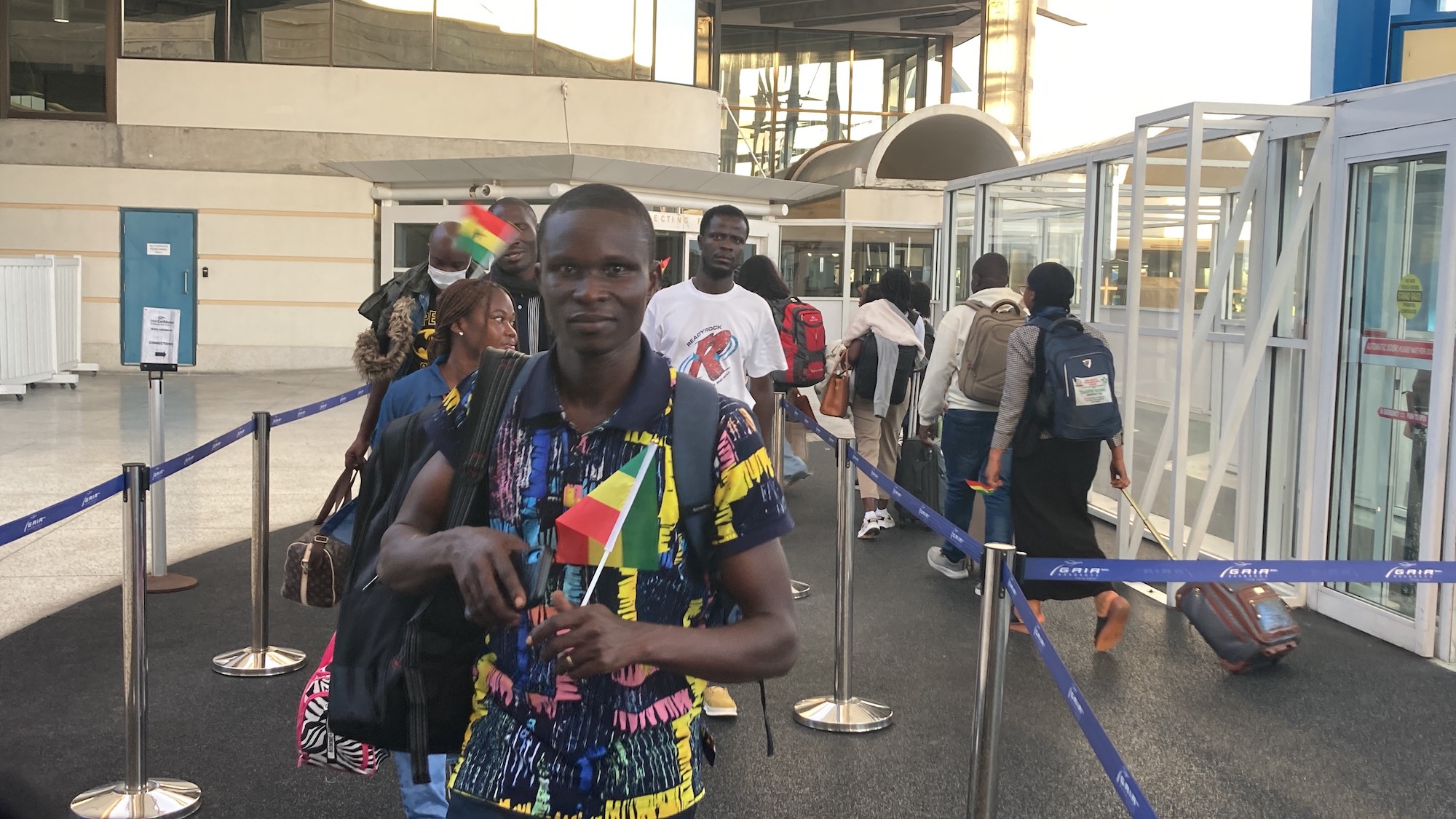Barbados has welcomed its largest-ever cohort of 155 Ghanaian nurses amid an acute shortage of qualified nurses and an apparent dwindling interest in nursing careers among nationals.
The nurses, who arrived at Grantley Adams International Airport on Sunday, represent the third wave of Ghanaian medical practitioners recruited since 2020, as Barbados trades its stretched resources for Ghana’s oversupply of nurses.
As he welcomed the nurses at the airport, Minister of Health Senator Dr Jerome Walcott highlighted the severity of the staffing crisis, particularly noting concerning trends in local nursing education.
“We are short of nurses,” he said, pointing to declining enrolment in the Barbados Community College (BCC) nursing degree.
“As it currently stands, we have space for 60 student nurses every year in our college. This year, 45 nursing students entered BCC to do nursing. Nine were non-Barbadian. In other words, 36 Barbadians came forward.”
The situation is further complicated by high failure rates in the regional registration exam, which nurses must pass to practise in Barbados and the wider Caribbean.
“One year I hear there’s 60 per cent, then I hear there’s 40 per cent. You can’t be registered unless you have done that exam in Barbados,” said Walcott.
The recruitment programme, which began with high-level discussions during Prime Minister Mia Mottley’s visit to Ghana in December 2019, has already brought two previous cohorts to the island – 95 nurses in June 2020 and approximately 120 in September 2022.
Ghana’s Deputy Minister of Health Adelaide Ntim described the arrangement as mutually beneficial, noting her country’s surplus of qualified nurses.
“We have so many nurses available who are not even working,” she said. “I believe that whilst they are here, they are able to deliver because I know they have the experience to work.”
The new arrivals will be deployed across various sectors, including accident and emergency, cardiac care, and psychiatry at the Queen Elizabeth Hospital (QEH) and other healthcare facilities.
“We have nurses going to the QEH for the various specific specialities…cardiac-trained nurses and other areas,” Walcott said.
Notably, the cohort includes several nurse practitioners, marking a pilot programme to assess this advanced nursing role within Barbados’s healthcare system.
“The concept of nurse practitioners is new, and this would be an ideal experiment, so to speak, to see how they can work,” Walcott explained.
The initiative forms part of the broader Health Development Partnership between Africa and the Caribbean (HEDPAC), promoting cooperation in healthcare training, resources, and pharmaceuticals between the regions. “This cooperation, South-South cooperation and collaboration, so that we help each other as it relates to health and health-related [matters],” said Walcott.
Looking ahead, Barbados plans to create an additional 142 nursing posts at the QEH over the next two years.
“We are getting closer,” Walcott said while acknowledging the success of previous cohorts, with many nurses choosing to extend their contracts beyond initial terms.
The programme’s expansion comes as the government explores opportunities for Barbadian healthcare professionals to potentially train in Ghana, particularly in specialised areas such as psychiatric nursing, where local training opportunities have been limited. (RG)




